This is always sound advice, but it's become crystal clear during the COVID-19 pandemic: Use a credit card to book flights, hotels, and any other travel reservations. Leave the debit card in your wallet.
Why use a credit card vs debit card? It's one of the best ways to protect yourself if your airline (or any other travel company) collapses before (or during) your travels. It also gives you an easy recourse if your airline wrongfully denies you a refund, as you can initiate a chargeback through your credit card company. That's possible with a debit card, but it's much more complicated and challenging.
Using a credit card to book travel is one of our top tips for booking travel now – and always. It's one of the best ways to protect yourself against the uncertainty of travel.
What Can I Use A Chargeback For?
If your airline is still flying but you're not ready to travel, you can cancel and get a voucher for the value of your booking. And if the airline cancels the flight, you’re eligible for a refund.
But let's say your airline suddenly goes under and you can’t get ahold of them. Or maybe your flight has been canceled and the carrier doesn't get back to you with a refund – or simply refuses to help you. In these instances, you can use a chargeback as a last resort to recoup your payment.
The same is true if you booked a hotel, homestay, or excursion booking with a company that has gone out of business or is unresponsive.
Exhaust your options to get a refund from the company first, but if that doesn’t work, request a chargeback.
The Difference Between Credit and Debit Cards
Credit and debit cards are fundamentally different. Debit cards allow you to draw money from your bank account, while credit cards allow you to borrow money from the bank that must be repaid.
With a credit card, you have the ability to file a chargeback if a company goes out of business and you can't actually do what you paid for. That option doesn't exist with the same ease for debit cards.
They are also treated differently when it comes to consumer protection laws. To get a bit technical, your personal liability for fraudulent charges on a credit card can't exceed $50, per the Fair Credit Billing Act (FCBA).
Under the FCBA, you won't be held liable for any charges if you report the theft before any fraudulent charges are made on your account. However, you might be liable for up to $50 if the fraudulent activity isn't reported right away.
But when there is fraudulent activity on your debit card, you could be liable for $500 or more, depending on how quickly you report it.
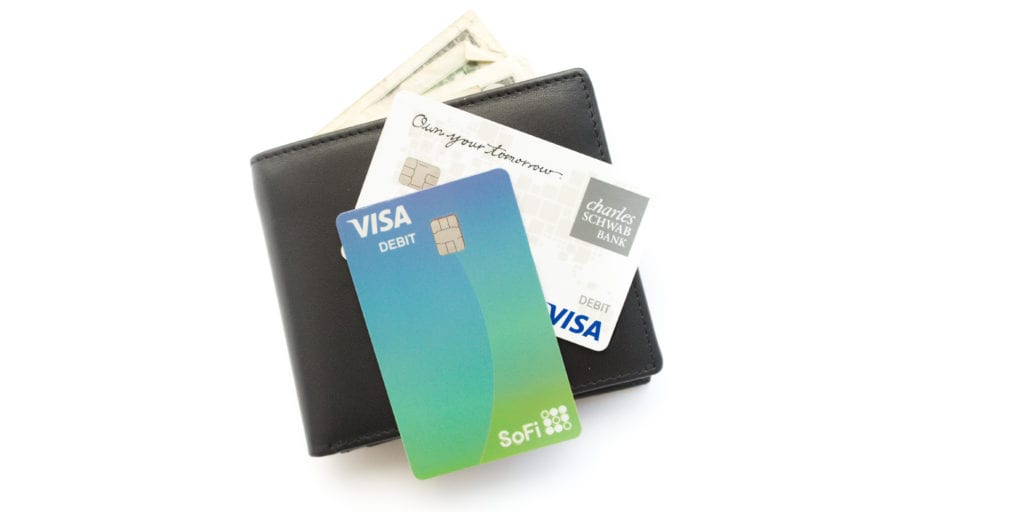
Additionally, when there is unauthorized activity on your credit card, it is typically credited back to your account immediately after it is reported to the bank. That is generally not the case with a debit card, and it can take up to two weeks for the bank to investigate the activity reported as fraudulent and reimburse your account with funds.
So whether you are making a charge with a company you aren't sure will exist in the future or trying to protect yourself from potentially fraudulent activity, using a credit card is generally the better choice. This, of course, relies heavily on your ability to be responsible with a line of credit.
If you can't pay off your credit card charges and end up carrying a balance at a high-interest rate, you'll cancel out the value of any personal protection offered by using a credit card.
The Best Credit Cards for Travel Purchases
When it comes to booking travel, it's best to use a credit card that will get you additional travel insurance like the *chase sapphire preferred*, *chase sapphire reserve*, or the *amex platinum*. And earning some extra points toward future travel is the cherry on top.
While this insurance won’t cover if you decide to cancel your trip down the line due to coronavirus, it comes with plenty of other trip delay or disruption coverages that will be nice to have.
And critically, you’ll earn more points on your purchase, too. It's the reason we've named the Platinum Card from American Express the best card for booking flights.
Not only will you earn 5x Membership Rewards points for every dollar you spend on flights, you'll also get reimbursed for up to $10,000 of nonrefundable expenses – and up to $20,000 a year total – if your flight is canceled due to weather, an injury or illness, and other “covered reasons.”
Plus, if your flight is delayed by more than six hours you are eligible for up to $500 in reimbursement for lodging, food, personal use items, and other associated expenses.
See our Top Credit Cards Page to find the right credit card for you.
Really, the only time it's better to use a debit card is when you're traveling and need to take local currency out of the ATM abroad. Two of our favorite debit cards – the SoFi Money and the Charles Schwab debit card – waive ATM fees worldwide an unlimited number of times. Using a debit card to withdraw local currency from an ATM in that country will always get you the best exchange rate possible.
For all other aspects of travel – from booking the flight and lodging to planning excursions and tours, use a credit card. Your future traveling self will thank you.
Bottom Line
We've already seen a handful of small regional airlines fizzle out due to coronavirus. And as the travel industry still struggles with COVID-19, more companies could collapse, too. Others like Air Canada still are trying to withhold the refunds they legally owe you after canceling your flight.
Make sure to use a credit card for any travel bookings. You'll shield yourself from personal liability due to fraudulent activity and be able to easily file a chargeback if your airline, hotel, or other companies go out of business and a refund is not issued.
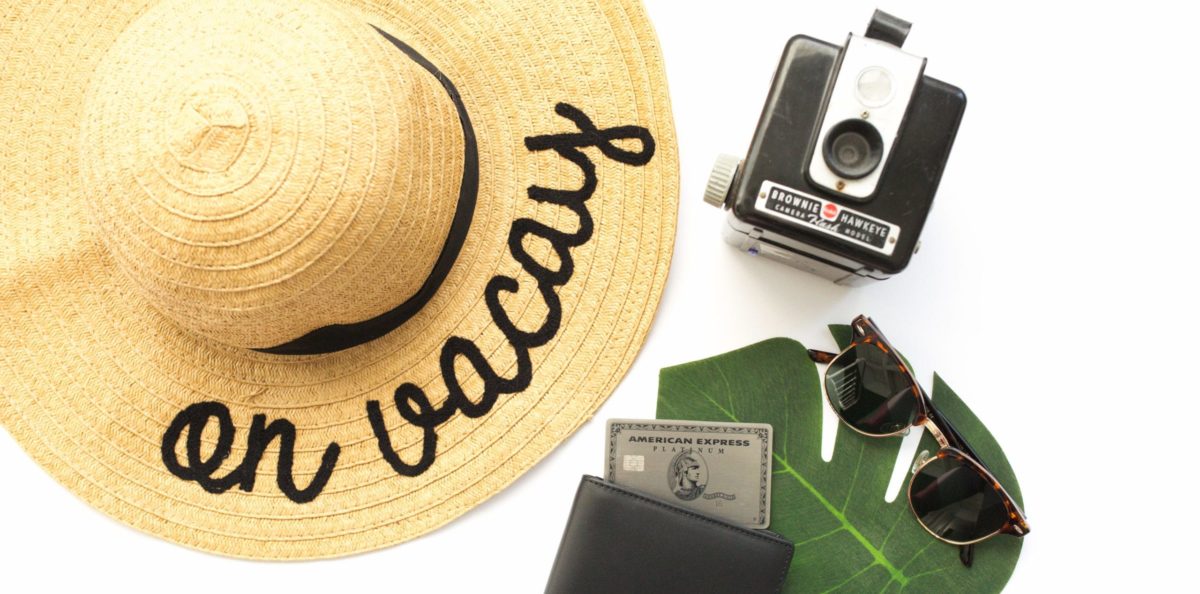
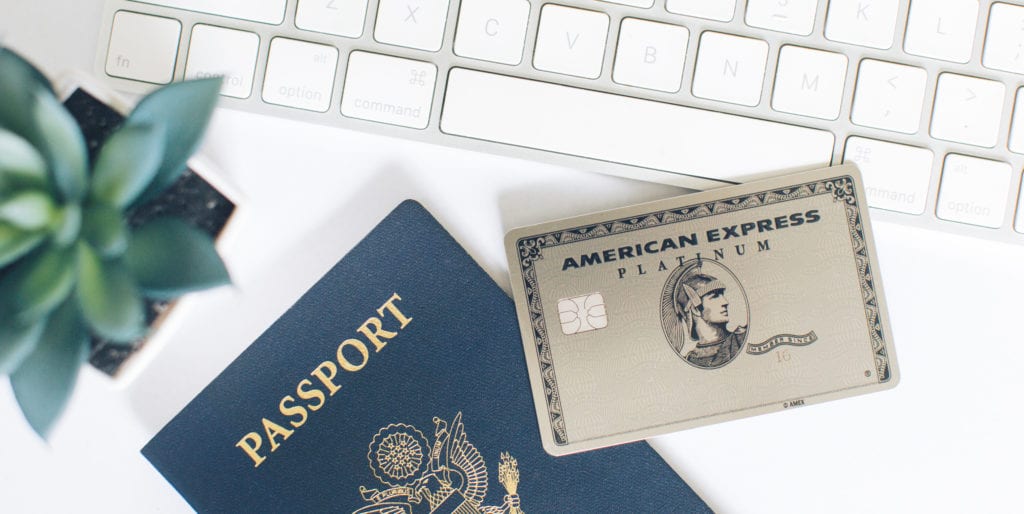
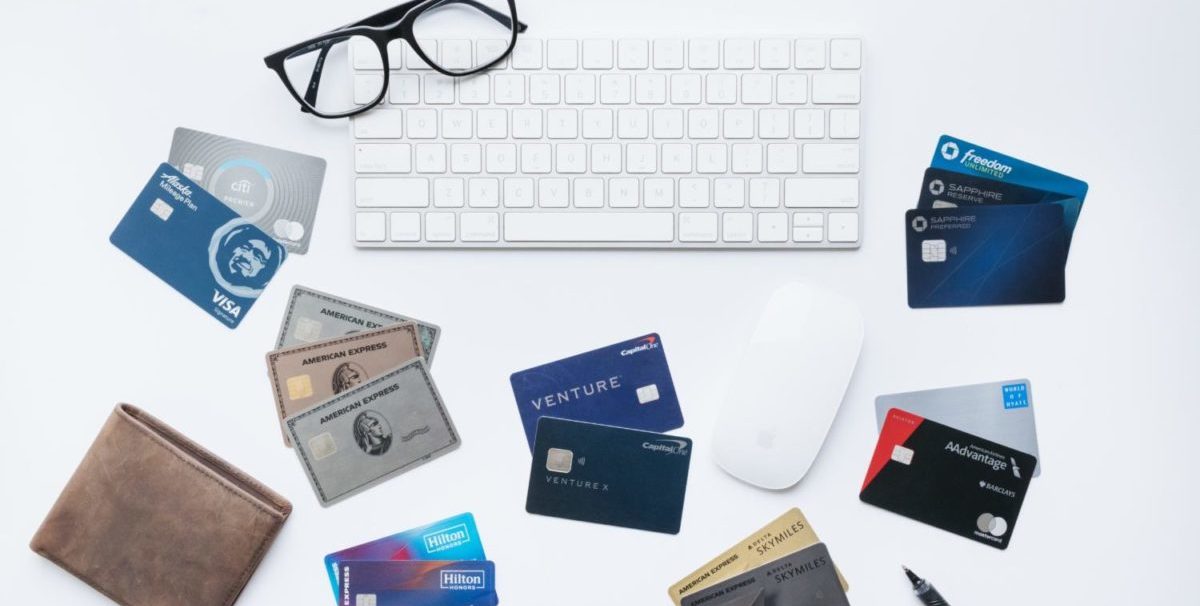
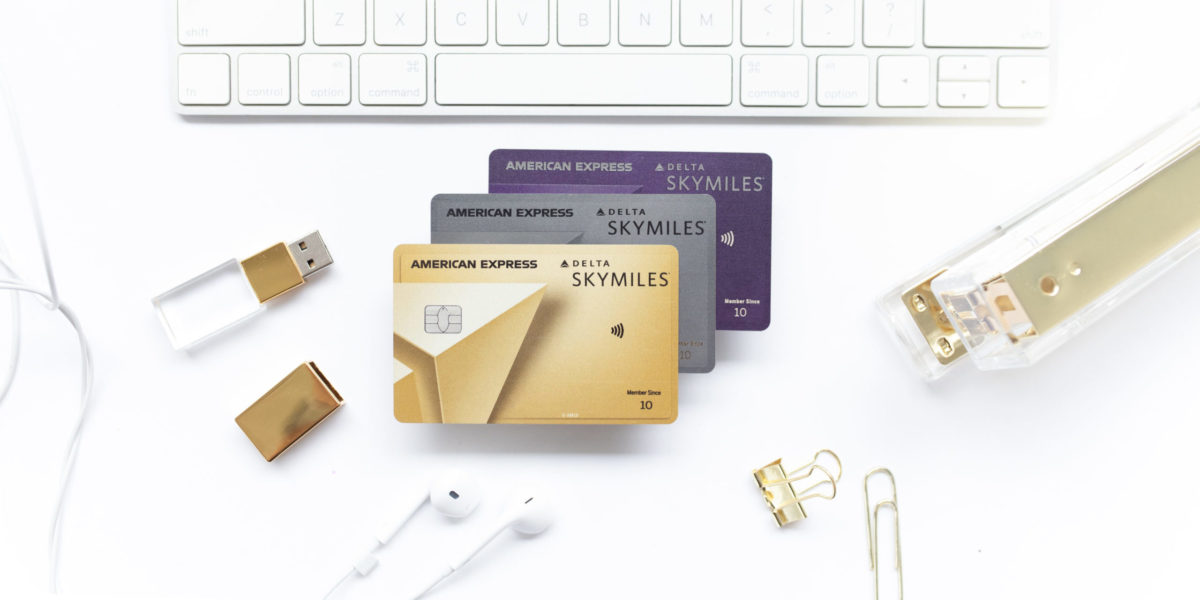
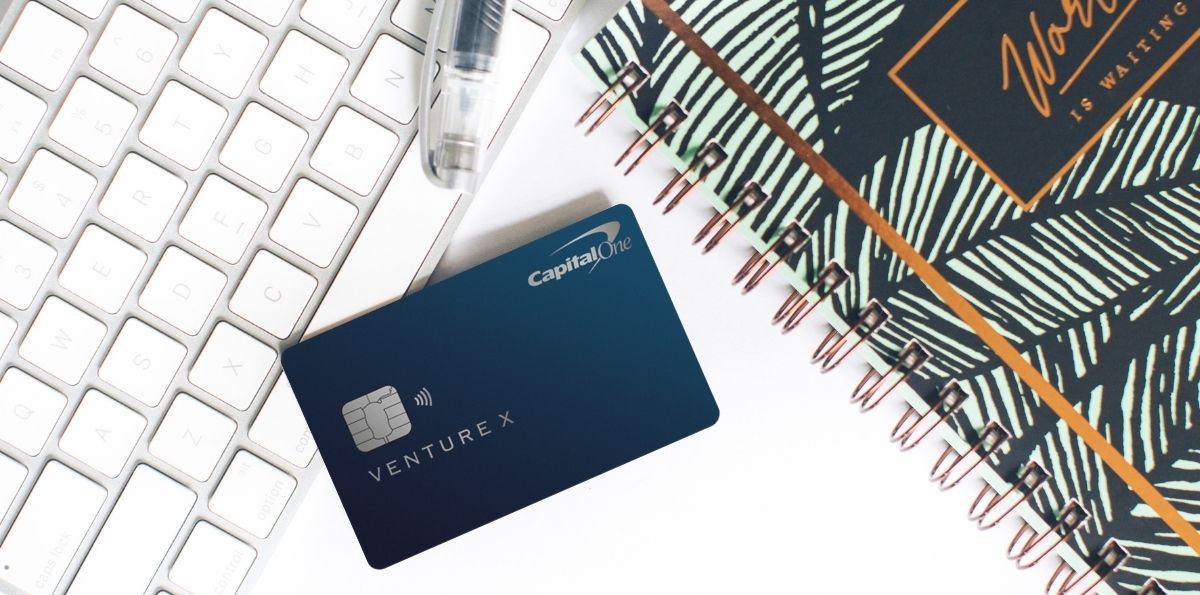
Tried to get money back on a non-refundable room in Luzern Switzerland. My meeting was canceled, flights were canceled, other reservations were cancelled all due to the pandemic. I realized I had booked a non-refundable room, but under the circumstances I thought there would be some compassion from the hotel….. But of course, there was not. Since I used my Sapphire Reserve card to book the room I contacted Chase and let them fight the battle for me. Happy to say that after six weeks, I noticed a deposit back into my credit card account for the balance of the hotel stay! I will always use my Chase Sapphire Reserve card for booking hotels!!
Great to hear, Gary!